Rare earths, chips, and Hollywood: China is hitting back hard in the escalating trade war. But who has more staying power—Trump or Xi?
The tone between the world’s two largest economic powers is becoming harsher – and the measures more drastic. After US President Donald Trump imposed new import tariffs of 145% on Chinese goods at the beginning of April, China has now hit back with full force.
According to the news agency AP News, Beijing initially responded with its own tariffs of 125% on US products. At the same time, the government under Xi Jinping announced that it would stop exports of seven strategically important rare earths, including dysprosium and yttrium. These materials are considered indispensable for high-tech industries such as the defense industry, electric cars, and wind turbines (The Guardian, April 16, 2025).
Another blow was dealt to the US aviation industry: according to a report by Yahoo Finance, Chinese airlines have been officially banned from ordering new Boeing aircraft or US aircraft parts. An industry insider told the Wall Street Journal: “Boeing will be the biggest loser in the trade war.”
Culture war and chip embargo
Culture has not been spared either: China’s government has imposed new restrictions on Hollywood films. Although US production revenues in China were already declining, studios such as Disney and Universal now face widespread exclusion from the Chinese cinema market (Reuters).
The US, in turn, responded with an export ban on AI chips: the technology company Nvidia is no longer allowed to supply its H20 chips to China for the time being. According to Bloomberg, the company expects a write-off of 5.5 billion US dollars due to unsaleable inventory.
“Peasant people” against 5,000 years of civilization
The rhetoric is also escalating. In an interview, top Chinese official Xia Baolong, who is responsible for Hong Kong and Macao, spoke of a “peasant people” on the other side of the world and an “arrogant, shameless” tariff war aimed at China’s survival. The US would “soon be whimpering in awe of China’s 5,000-year-old civilization,” according to Fox Business, which documented the statements.
Meanwhile, Trump himself tried to downplay the impact of his policies on US consumers. Electronic products – including smartphones and laptops – were temporarily placed in a lower tariff category to avoid price explosions. According to AP News, the White House feared that iPhone prices would rise to over $3,000, particularly for Apple, which manufactures over 80% of its iPhones in China.
Who will hold out longer – Beijing or Washington?
US Treasury Secretary Scott Bessent continues to believe that China has more to lose, as it exports five times as much to the US as it imports from it. “Beijing is playing with a weak hand,” he told Investopedia.
US economist Adam Posen strongly disagrees: he argues that China’s large export volume actually gives it a strategic advantage, as American consumers are dependent on cheap products from the Middle Kingdom. In an interview with The Guardian, he said:
“America wants what China produces.”
And according to the British Financial Times, there is another argument against Trump’s confrontational course: only 14% of China’s total exports go to the US. Beijing is therefore less dependent than it appears at first glance.
In addition, according to the Financial Times, the first tariff exemptions that Washington has already granted are the first signs of a strategic retreat.
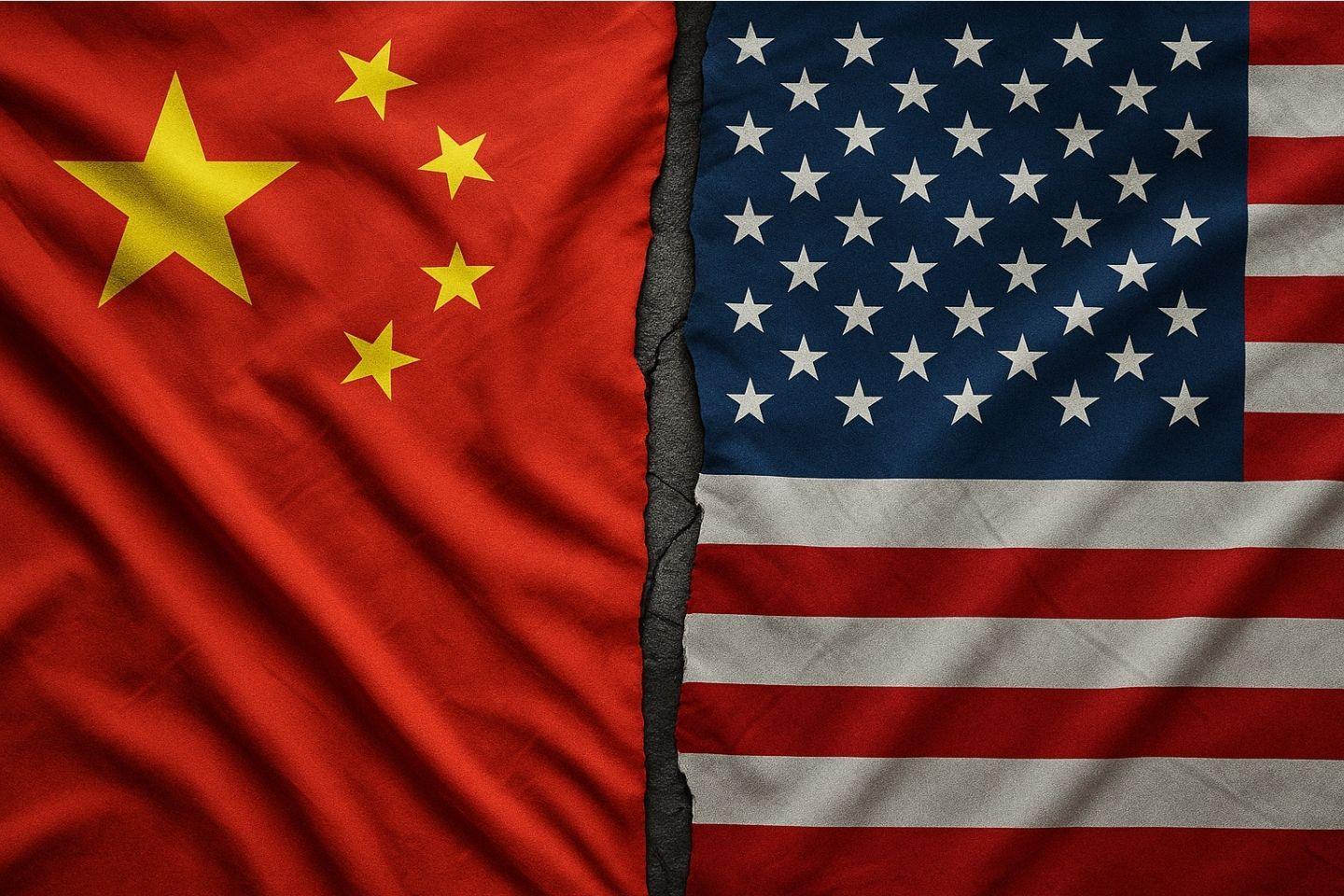
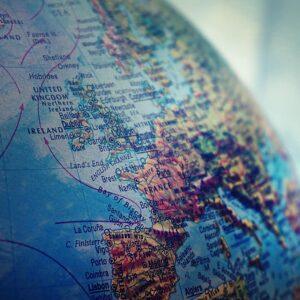





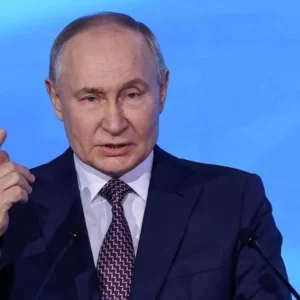
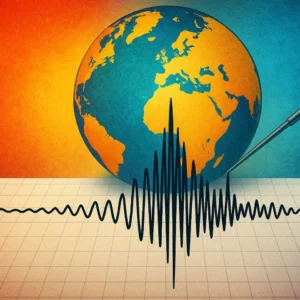

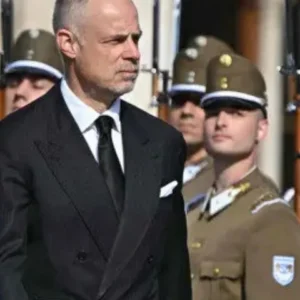

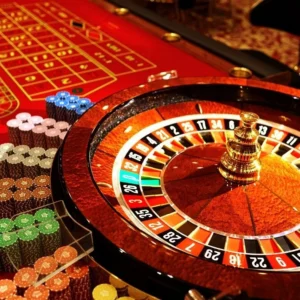

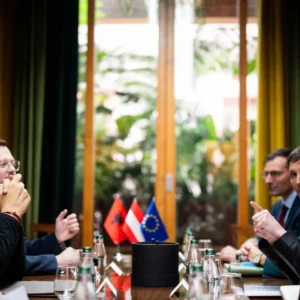
Recent Comments